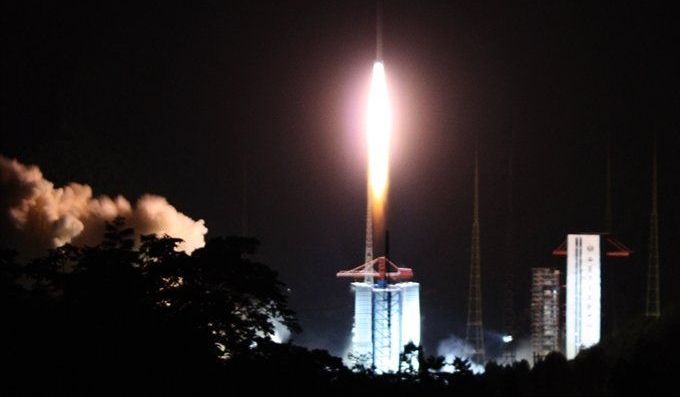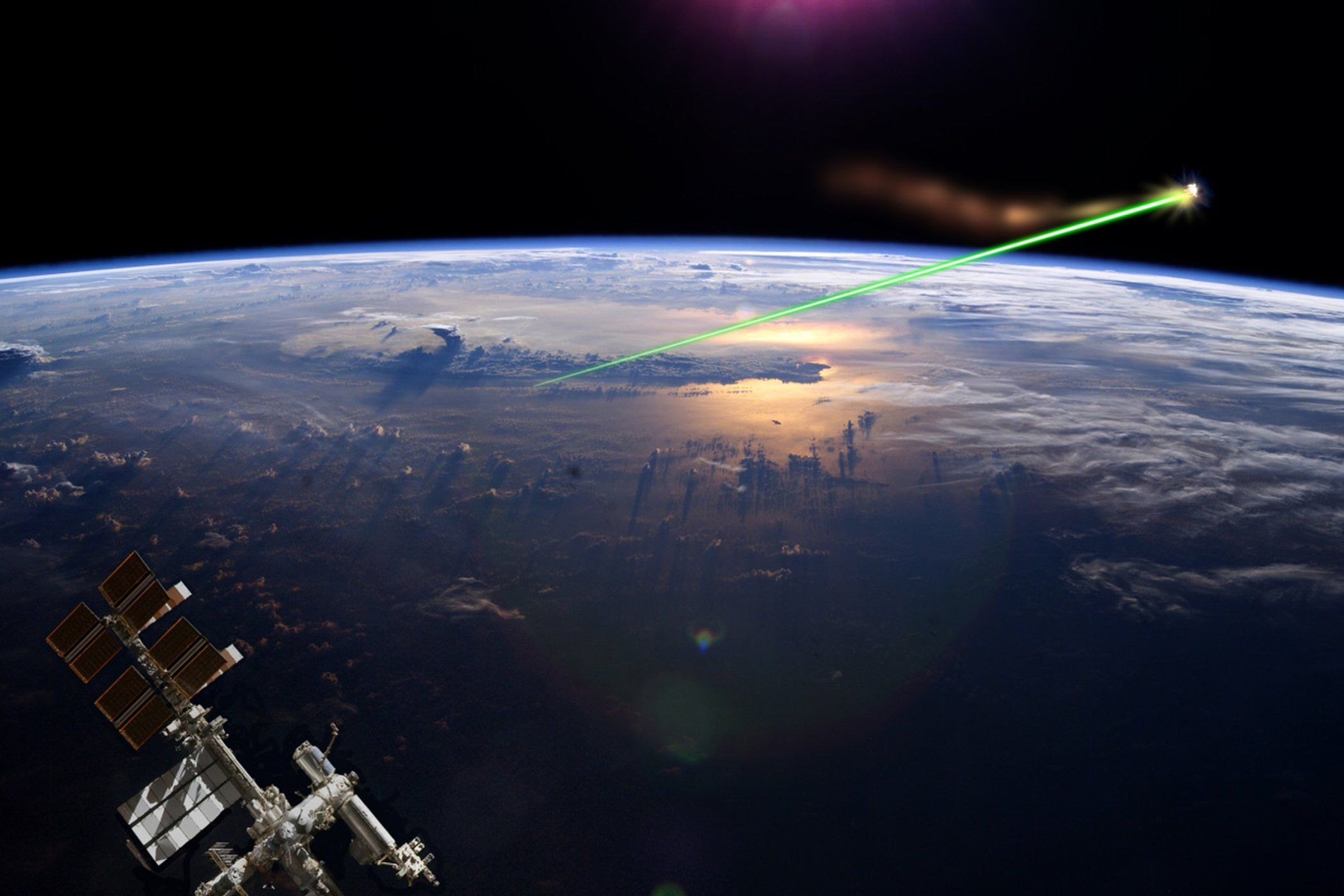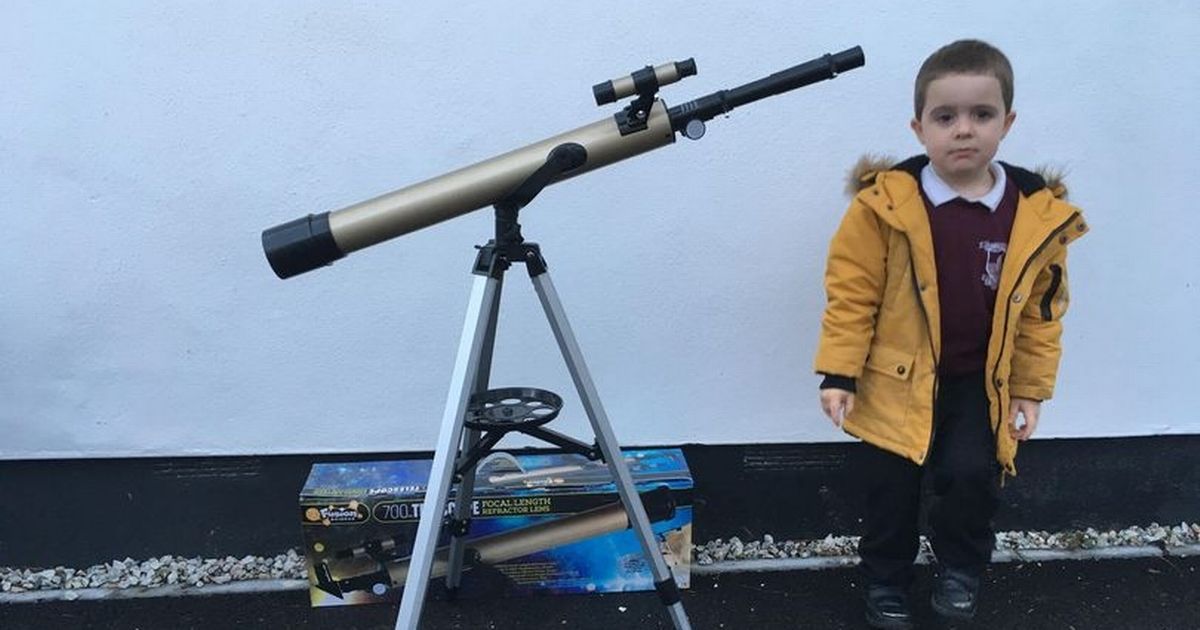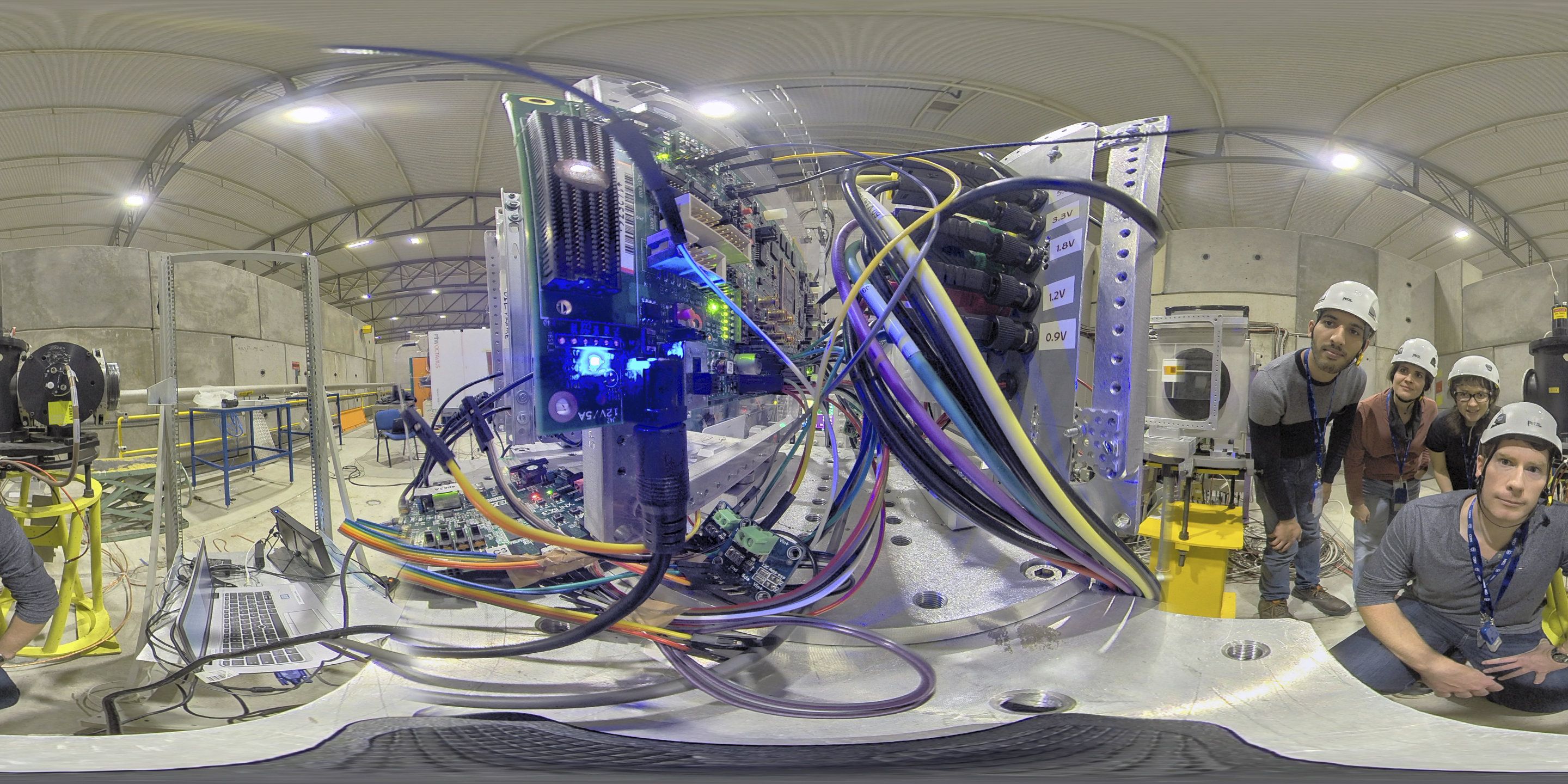[Editor’s Note: Mad Scientist Laboratory is pleased to publish the following post by returning guest blogger and proclaimed Mad Scientist Ms. Marie Murphy, addressing Directed Energy Weapon (DEW) applications in space, and their potential impact on Multi-Domain Operations (MDO) in the Future Operational Environment.]
The image of the “space war” is ubiquitous from popular Cold War and contemporary renderings: fast attack fighters equipped with laser cannons, swooping in to engage the enemy fleet in an outer space dogfight, culminating with the cataclysmic explosion of the enemy’s dreadnought. The use of directed energy in this scenario, while making for good entertainment, is a far cry from the practical applications of directed energy in space out to 2050. Taking a step back from the thrilling future possibilities of space combat, it is important to note that it is not a question of when lasers will be put into space — they already have been. What is uncertain is the speed at which lasers and other forms of directed energy will be weaponized, and when these capabilities will be used to extend conflict into the physical domain of low-earth orbit and outer space.
Since 2003, NASA has used a laser mounted on a satellite to measure ice sheets and conduct other environmental studies and mapping. This mission involved the constant emission of a green laser, split into six beams, reflecting off polar ice and returning photons to the satellite. NASA is presently exploring the use of lasers for communications, a technology with abundant military applications. One such program, undertaken jointly by NASA and private industry, is the use of optical, or laser, communications between space assets and ground stations on Earth. These optical transmissions have the benefit of allowing the communication.






